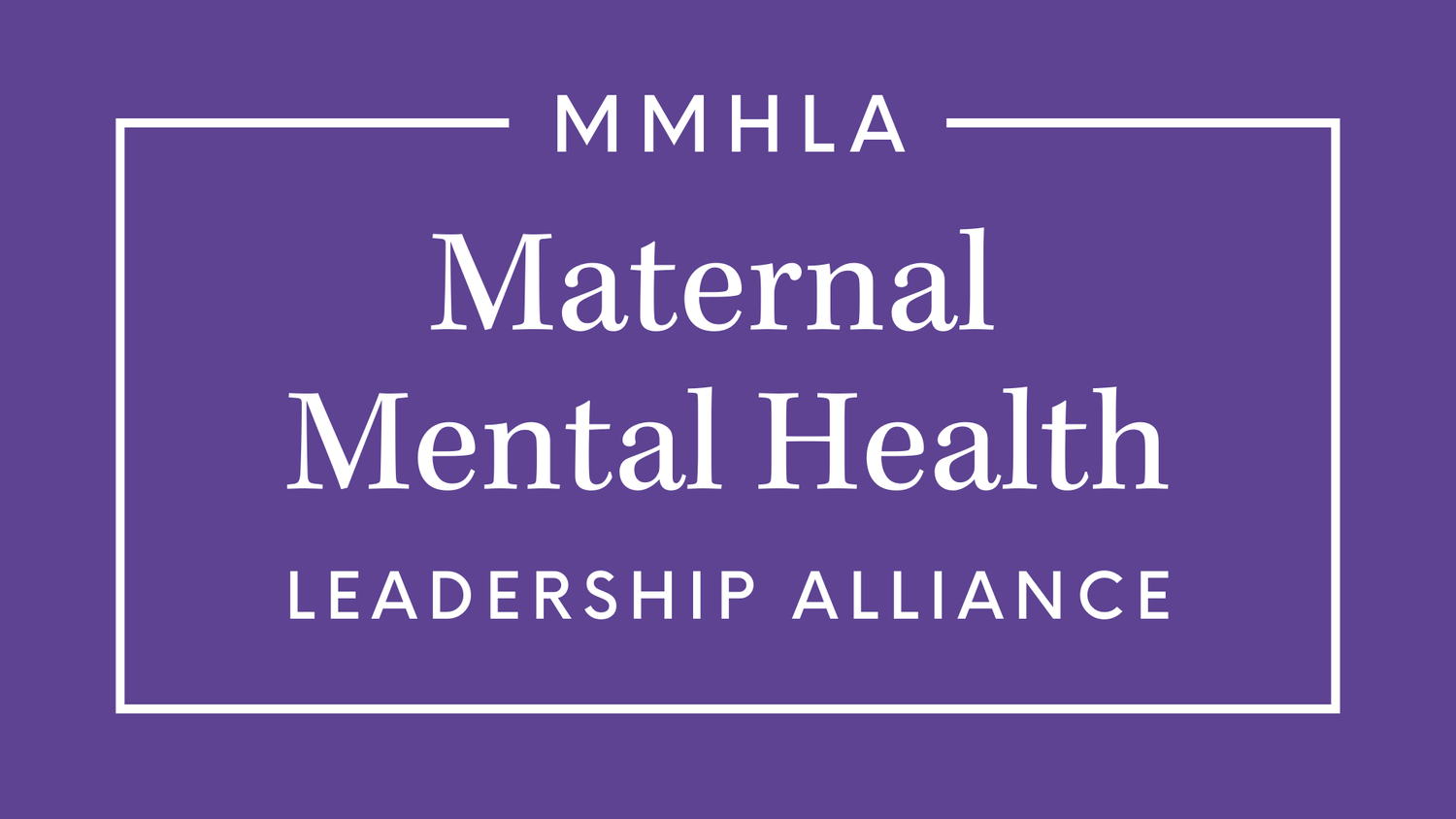How Racism in America Fuels Disparities in Black Maternal Mental Health: From Expert Kanika Harris, PhD, MPH
Kanika shared some of her favorite quotes:
“We are each other’s harvest; we are each other’s business; we are each other’s magnitude and bond.”
– Gwendolyn Brooks
“When I dare to be powerful to use my strength in the service of my vision, then it becomes less and less important whether I am afraid.”
– Audre Lorde, poet and activist
“Where there is no vision, there is no hope.”
– George Washington Carver
Kanika Harris, PhD, MPH, is the Director of Maternal and Child Health and the Black Women’s Health Imperative (BWHI). Kanika has over a decade of experience as a health equity strategist and health education subject-matter expert focusing on advancing equitable outcomes for underserved populations.
We asked Kanika to share some thoughts about Black maternal mental health…
“When Africans were stolen and enslaved in the United States, white doctors believed they were immune to mental illness. Later, the only forms of diagnosed mental illness was Drapetomania (runaway slave syndrome) and Dysaethesia Aethopia (dullness and lethargy) that would now be considered depression. The solution or cure was severe whippings.
For Black people in the United States, our mental health has never been a consideration or a thought. The idea of help and treatment for many is unattainable or a luxury. The social, political, and economic marginalization of Blacks in America plays a heavy burden on our mental health; however, we are often not seen or included in screenings or research.
Today, Black families — mothers, fathers, and children — are still criminalized for bearing the heavy burden of racism. When our mental health is questioned, babies are taken away, fathers are jailed, and families are broken.
This is why we face so many barriers addressing mental health in our communities. Our cries for help can have severe consequences. In order for maternal mental health to be holistically addressed, this reality cannot be forgotten. This truth must always be at the forefront for addressing systemic barriers and finding sustainable solutions for Black birthing families to thrive. Grounding ourselves in the truth of the history of Black Americans and mental health in this country is the first step to developing anti-racist solutions.”
About the Black Women’s Health Imperative
Since 1983, the Black Women’s Health Imperative has targeted the most pressing health issues that affect Black women and girls in the U.S. through investments in evidence based strategies, bold programs and advocacy outreach on health policies. BWHI seeks to improve the health and wellness – physically, emotionally, and financially — of the 21 million Black women and girls in the U.S.


